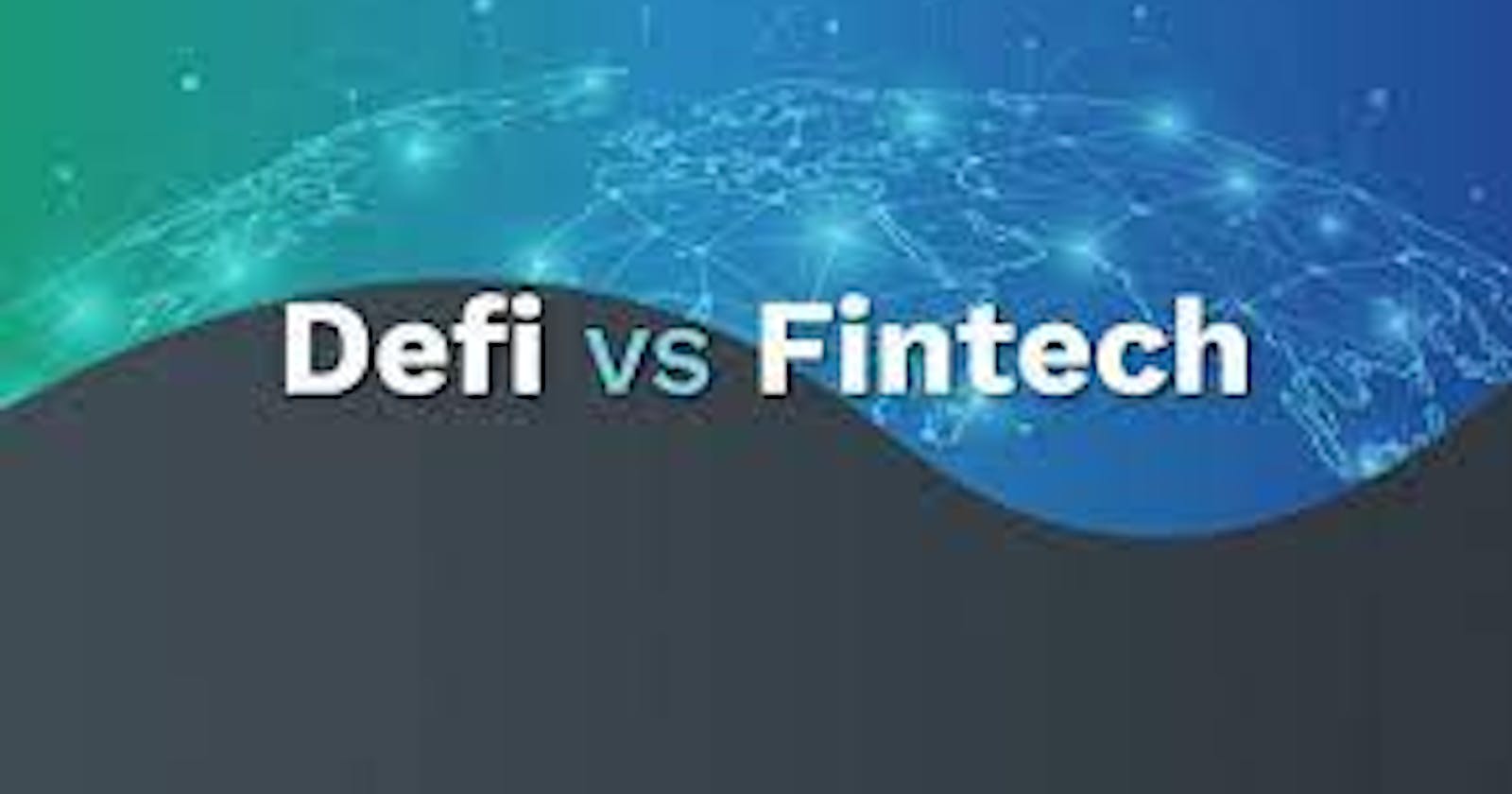Decentralized Finance (DeFi) is experiencing an increase in its adoption globally because of the solution it proffers. It’s an emerging decentralized industry that has come to transform financial institutions. Before the emergence of DeFi, global finance has been experiencing some sort of setbacks. Even with ATMs and Credit cards, for example, it takes some time to settle stocks, complete transactions, bill payments and mortgages.
But DeFi, however, has built an alternative financial system where millions of users can easily borrow, lend, save and trade with ease. The industry enables an alternative financial system that is decentralized, fully automated, and censorship-free with a low fee. DeFi transactions are permissionless from the companies whose interests may not align with their customers. Also, users are in sole control of their assets and have access to various financial products, unlike their counterparts
These innovations could affect the fintech industry- an ecosystem believed to improve banks and the TradFi world in general. Indeed some of these mainstream banks offer a better user experience to customers giving them more control over their finances, although most of them are centralized. Few of the members control the authority, creating certain censorship qualities or control that users dislike. This is why DeFi adoption surges, whereby users take decisions in buying tokens, ownership, lending and storing assets using private keys, etc.
Truly, DeFi market has some impediments which are steady liquidity and market manipulation as well as the infiltration of scams and hackers, yet, more DeFi seems to be the only solution to the challenges faced in the DeFi space. While Fintechs like Baanx now adopt and build for DeFi, DeFi adoption by Fintechs may not lead to a total replacement but a co-existence. DeFi and Fintech coexisting together can enhance the adoption of Web 3.0 applications. It can transform financial access with more efficient products and services for users.
Conclusion
DeFi and Fintechs both have unique offers that benefit the end-users. Fintech, for instance, allows users to access loans and transact money with anyone across the globe seamlessly and more cheaply, while DeFi eliminates the need for a third party, digitalizes the transaction process, and reduces the chance of fraud.
However, both DeFi and Fintech companies seek to develop applications with easy-to-use user interfaces. They proffer solutions to the challenges faced by traditional financial markets and their coexistence is possible, even though there is value in preserving the distinctiveness of both of them.
https://www.web3creators.com/stories/people-dont-read-codes-they-read-words

